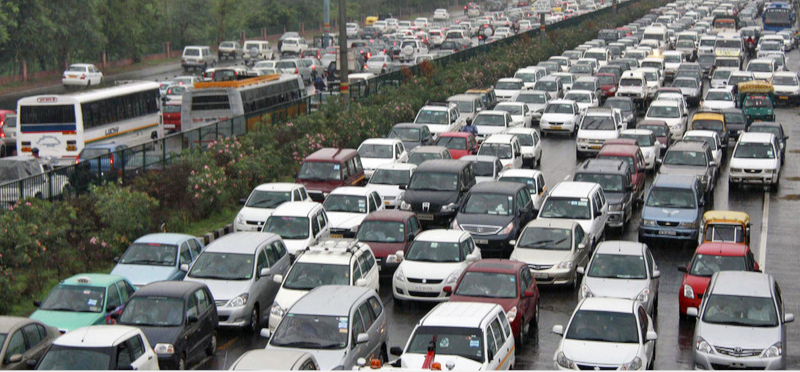
The Ministry of Road Transportation has put an end to the free access of data from the Ministry’s VAHAN big data database.
In-Detail:
- The Ministry has now put a restriction on accessing data from VAHAN – A Vehicle Database.
- Company accessing the data for big-data analytics must be a registered company in India and is at least 50% Indian owned.
- All the data thus accessed must be stored on Indian servers.
- Such servers must be monitored by security auditors for preventing data theft – A security report from Cert-In must be submitted.
- Annually, Rs. 3 crore has to be paid by the company for accessing the data.
- The data will be transferred to the entity in an encrypted form.
- They cannot sell the raw data further but can sell the analysis.
- For education institutions, there is a relaxation.
- If the data is for research purposes, they can avail the data for Rs. 5 lakh.
About VAHAN:
- The VAHAN database has vehicular registration details from across the country for 28 types of vehicles.
- All the information from the State Registers will flow into the VAHAN Database.
- The information stored in the databased include:
- Registration No either full or partial
- Chassis No
- Engine No
- Body Type
- Fuel Type
- Color
- Name of Manufacturer
- Make/Model etc.
- Digitisation of such data allows both the state and central departments to keep track of the vehicles, aids police in their investigations, will come handy at the inter-state check posts and other G2C services.
- It will also help the public and industry in various ways.
- For example, a paint manufacturer can know from the data which colour automobile is in demand and increase the production of paint of that colour.
- In such a scenario, the Ministry has devised the policy for data sharing.
The National Data Sharing And Accessibility Policy (NDSAP)-2012:
- The policy was approved by the Cabinet in 2012 with an objective to facilitate access to government owned data in both human readable and machine readable formats.
- Various non-sensitive data generated by the Ministries/Departments/Subordinate Offices/Organisations/Agencies of Government of India will be available for access due to the policy.
Benefits of the Policy:
- Use of valuable public data for the benefit of the community.
- It avoids the need for collecting data separately by other entities.
- By adopting common standards for the collection and transfer of data, ingtegration of individual data sets may be feasible.
- Helps the users identify the owners of the data and implementers of prioritised data collection programs.
- Enables taking important decisions with the support of data.
Open Government Data Platform:
- After the notification of NDSAP, the government has launched Open Government Data Platform India in 2012.
- It provides access to collated resources on a single platform.
Also Read:
- Naming A Cyclone “Fani” – How Is It Done?
- The Threat of Superbugs Looming Large On The World
- SDG India Index and Surprising Results
Conclusion:
- Though the Transport Ministry’s move appears to be in contravention to NDSAP, the Ministry is only looking to protect the data from the misuse of foreign entities.
- Also, with clearly laid out policy, those accessing the data will act responsibly in using the data.

Leave a Reply
You must be logged in to post a comment.